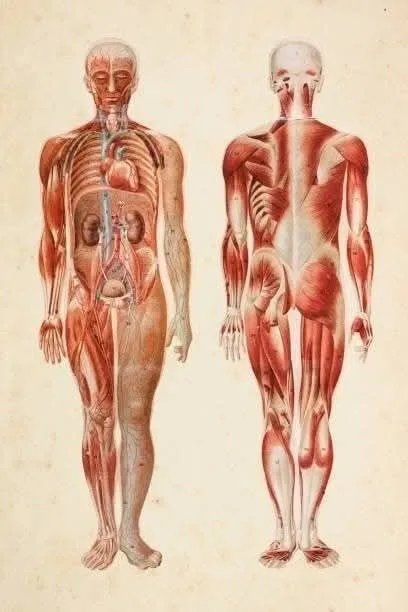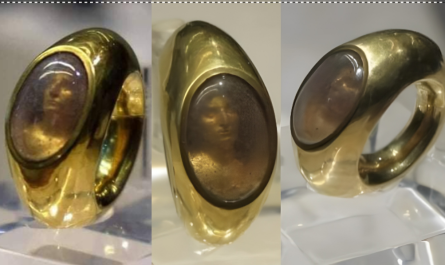In a thought-provoking paper titled “Dissecting Darwinism,” Dr. Joseph Kuhn, a surgeon at Baylor University Medical Center, argues that the human body’s intricate design poses significant challenges to the theory of Darwinian evolution. Drawing on his extensive medical expertise, Kuhn highlights fundamental issues with the idea that life could have emerged through unguided natural processes. He begins by addressing the origin of life itself, asserting that the complex information encoded in DNA could not have arisen solely from chemical reactions, as it requires an intelligent source beyond natural mechanisms.

Kuhn further explores the concept of “irreducible complexity,” a term coined by biochemist Michael Behe, to describe systems in the human body that depend on all their components functioning together simultaneously. As a surgeon, Kuhn understands the human body not only as a collection of visible organs but also as a network of interdependent biochemical systems that sustain life. He emphasizes that these systems are “all-or-nothing,” meaning that the absence of even one critical component renders the entire system nonfunctional. This suggests that such systems could not have evolved gradually, as Darwinian theory proposes, but must have been fully formed from the outset.
Referencing the work of Dr. Geoffrey Simmons, Kuhn points to 17 distinct “all-or-nothing” systems within the human body, which integrate with countless other systems to create a highly coordinated network. For instance, the heart is essential for survival, but so is hemoglobin, the blood protein that carries oxygen. Without either, the body cannot function. Moreover, these components require precise regulation. A heart that beats irregularly or hemoglobin levels that are too high or too low can be fatal, indicating that regulatory systems—such as feedback loops and gene interactions—must also have been present and fully operational from the beginning.
Kuhn explains that human physiology relies on thousands of genes working together to produce specific proteins, forming a complex web of interactions that govern everything from organ function to cellular processes. This level of intricacy, he argues, represents an irreducibly complex system at both the cellular and organ levels, challenging the notion that random mutations and natural selection could account for its development. Evolution, he notes, lacks a credible mechanism to explain the origin of even a single irreducibly complex system, let alone the interconnected systems that make up the human body.
In Kuhn’s view, the complexity and interdependence of the human body align more closely with the idea of purposeful intelligent design than with the gradual, step-by-step process proposed by Darwinian evolution. He suggests that the remarkable engineering of the human body reflects the work of a purposeful intelligent design, consistent with the biblical promise of a Creator who crafts life with intention and offers the hope of eternal, perfected bodies to those who trust in Him.


